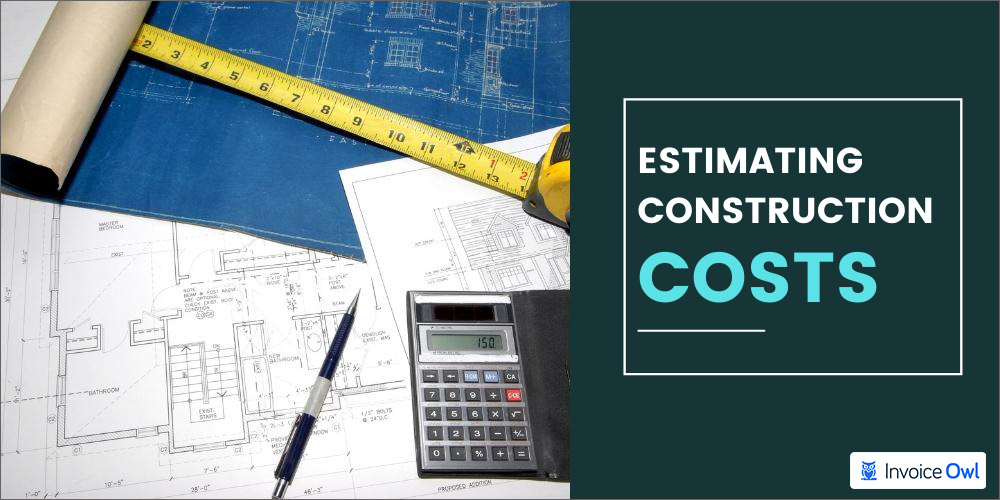Precision Planning with a Construction Estimator
Precision Planning with a Construction Estimator
Blog Article
In the ever-changing environment that is the industry of building Estimators are becoming key players in the shaping of how buildings are designed and constructed, as well as how they are budgeted and delivered. Their expertise goes beyond crunching. They are strategic players who influence major decisions from the beginning to the end. As projects become more complex, the value of estimator building construction becomes more important to achieving success.

Estimators are responsible for analyzing project specifications designs, plans for design, material requirements, and labor requirements in order to produce precise and accurate cost projections. They form the financial basis upon which plans for construction are based. Through their knowledge, stakeholders can evaluate project viability, secure financing, and make informed choices early in the development cycle.
One of the primary ways in which estimators impact the future of construction through promoting transparency in finance and accountability. Achieving accurate estimates means that budgets are grounded in real-time data, thus reducing the risk of overspending or resource mismanagement. The level of information lets project managers compare different options, prioritize features and manage costs without compromising quality.
As the business sector embraces technological advances, estimators are becoming more technologically adept. Utilizing Building Information Modeling (BIM), digital takeoff tools, as well as Cost estimation programs have revolutionized the way they operate. These tools enable real-time adjustments, collaboration planning, and greater precision in forecasting the project's expenses. Through integrating the latest technology in their processes, they enhance project efficiency and help teams adapt quickly to the changing environment.
In addition, estimators play an important role in sustainability. In analyzing the long-term expenses of materials, energy use and maintenance They assist in making design decisions that lead to sustainable and environmentally-friendly structures. Their ability to evaluate the initial investment as well as life-cycle value contributes to the increasing need for sustainable building practices.
Collaboration is another area where estimators are making a lasting impact. They often work closely with architects, engineers, contractors, and project managers to ensure alignment between the design vision and financial objectives. This integrated approach minimizes delays, reduces design revisions, and helps keep the project on the right track.
In conclusion Estimators are not behind-the-scenes contributors--they are strategic professionals shaping the future of building construction. Their ability to balance the needs of cost, creativity and buildability is crucial in delivering projects that exceed expectations and endure for the long haul. As construction technology continues to advance, the insights and skills of estimators who are professionals will remain essential to build better, more efficient and long-lasting structures. Report this page